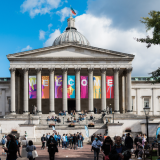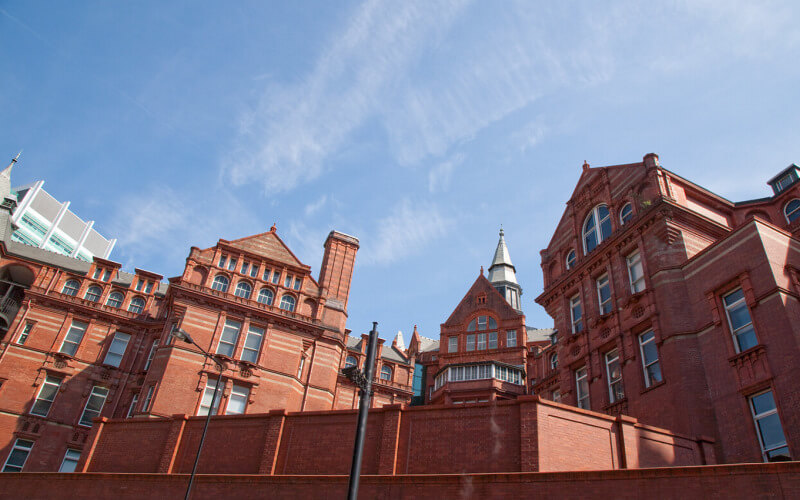Respiratory Clinical Science MSc
London, Bloomsbury and London, Hampstead (Royal Free Hospital)
Study mode
UK tuition fees (2024/25)
Overseas tuition fees (2024/25)
Duration
Programme starts
Applications accepted
Applications open
Applications open
Visit us
Online - Open day
Graduate Open Events: Respiratory Clinical Science MSc (Q&A Session)
This MSc focuses on the study of the scientific and clinical basis of respiratory diseases with all courses and modules directed towards understanding disease and the effects on patients. It will provide you with the tools to develop further careers in the area and create opportunities to interact with researchers, clinicians and pharmaceutical experts in respiratory medicine. Please join us to ask your questions about this exciting programme. Speaker - Dr Vitor Teixeira
Online - Open day
Graduate Open Events: Respiratory Clinical Science MSc (Q&A Session)
This MSc focuses on the study of the scientific and clinical basis of respiratory diseases with all courses and modules directed towards understanding disease and the effects on patients. It will provide you with the tools to develop further careers in the area and create opportunities to interact with researchers, clinicians and pharmaceutical experts in respiratory medicine. Please join us to ask your questions about this exciting programme. Speaker - Dr Vitor Teixeira
UCL is regulated by the Office for Students.



